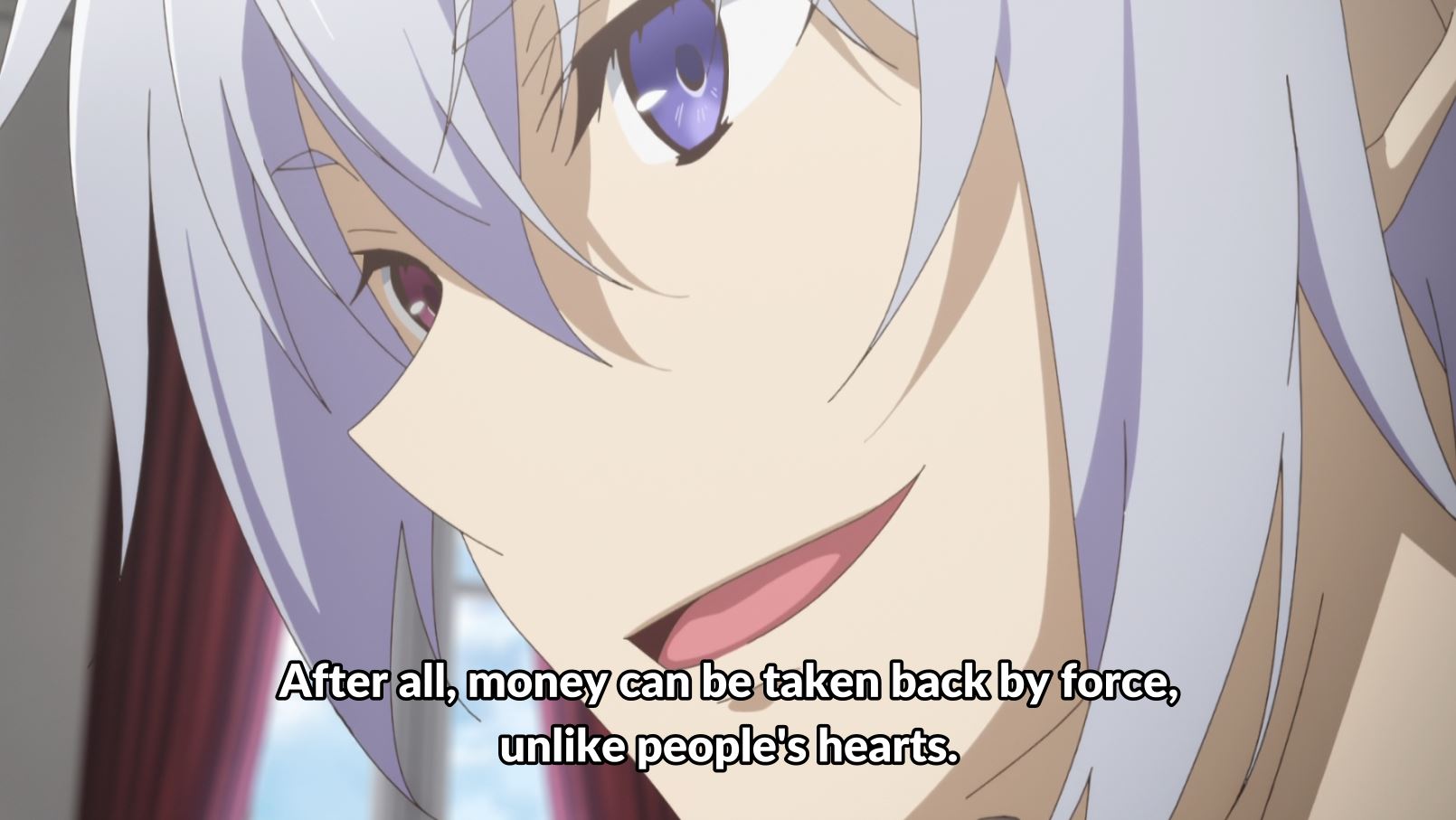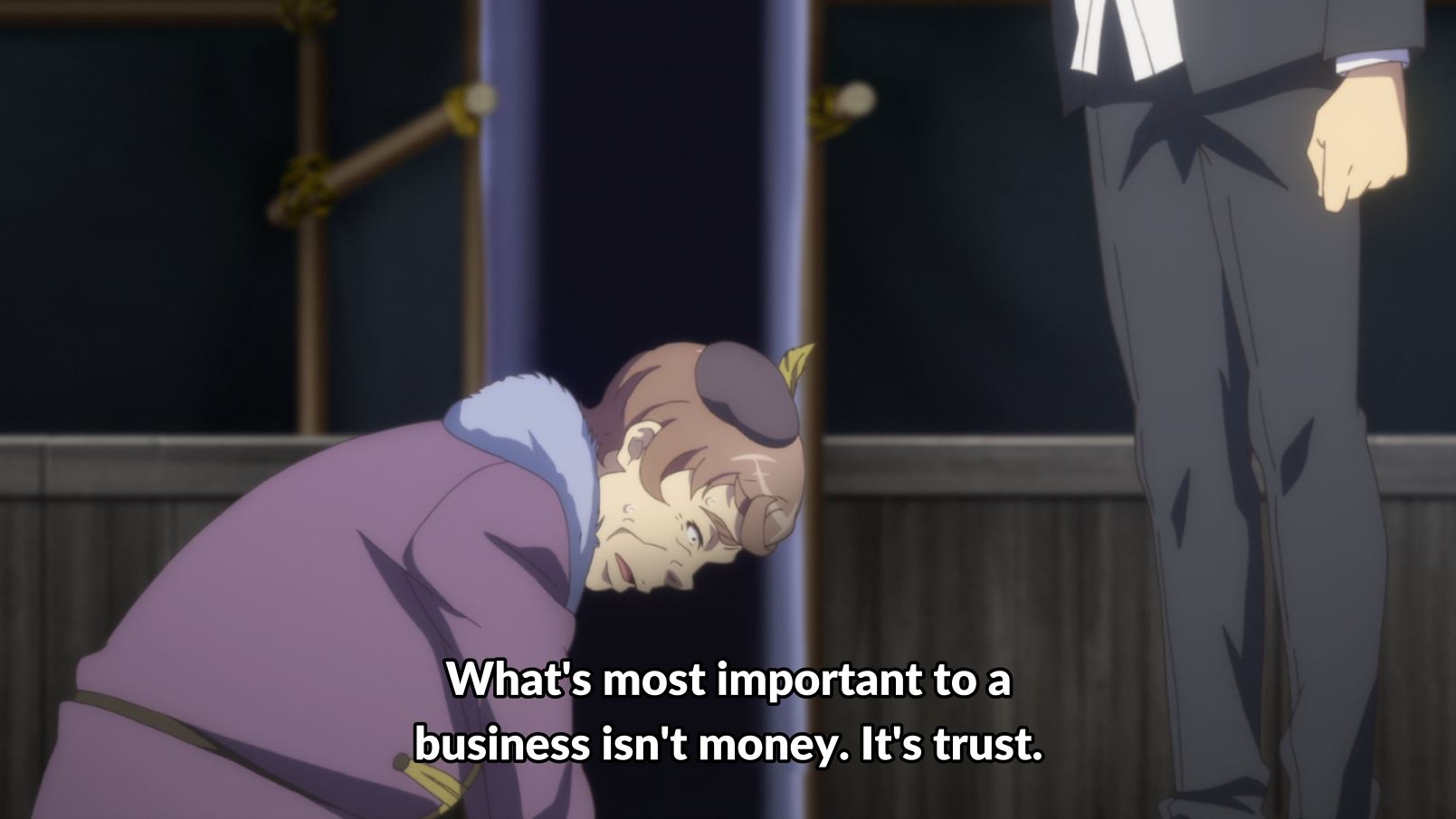China has recently come up with a series of guidelines and enforcements to regulate their capital markets, and by extension to inject confidence among investors, ultimately reviving their now near-dead capital markets, especially their stock markets.
On 12 April 2024, China announced a new set of 9 guidelines for their capital markets, commonly known to the Chinese as 国九条. Initially, I did not pay too much heed to it, as this was the third version so far. The first came out in 2004, the second in 2014, both of which were only fanciful in paper but useless in reality as rampant corruption meant that the big monies behind were free to fleece off the retail investors via the capital markets (primarily the stock markets) without consequences. That was why when I wrote the article on why I invest in China Three Gorges Renewables Group Co Ltd, I only gave the minimum hope and credit to the new boss of the Chinese capital markets who promised a shake-up. But with new developments, there is a much higher probability that China is serious this time, which ties in with my political assessment of the Chinese situation.

The 9 Guiding Principles
The full, original article published by the Chinese government can be found here. Let us look in summary at what the 9 new guidelines dictate (I only extracted the important points and skipped all the bullshit). My own interpretation includes my own view of the economical and political circumstance, which may be different from the interpretation of others.
Broad Overview
To aim for a safe, regulated, transparent, open, vibrant and tenacious capital market. In order to ensure a high-quality development for the markets, and in order to protect the small and medium investors, the regulators will be strict and given the necessary powers to enforce the rules. In the next 5 years, there will be a more comprehensive system to protect the investors, with more quality companies listed in the market and ultimately leading to a healthy market ecology.
What it means: The government will clear up the corruption in the markets with force, build up a system to gain back lost confidence from the retail investors, get rid of companies who were listed with the intent to fleece the people. The end result will be a robust and vibrant market which people are willing to invest in.

Strict Gatekeeping Of New Entrants To The Stock Market
To raise the criteria of getting listed and to expand the scope of auditing, preventing any potential dumping of stocks during IPO. To also severely punish those who manipulate the stock market such as artificially raising the price for the IPO or banding together to depress the price etc.
What it means: There are many companies who doctored their accounts and gave themselves an artificially high value. Investors who went in and purchased the shares would consequently see the shares drastically drop in price. Through this, business owners ‘cashed out’ the profits of the company for the next 10, 20 years at the expenses of the investors. The government will stop this nonsense.

Continued Strict Monitoring Of Listed Companies
To severely punish companies which falsify their accounts. To also strictly regulate the big, especially the controlling shareholders from liquidating their shares unlawfully. Companies which pay little or no dividends to the shareholders will see their big shareholders having even more restrictions when trying to liquidate their shares. Companies which pay out good dividends will get more benefits. To encourage regular, predictable, stable and multiple dividend payouts over the course of a year. To also severely punish those who manipulate the market or do insider trading.
What it means: Pay dividends to the shareholders and share profit regularly. Companies who refuse to do so will see their big shareholders not be able to liquidate and cash out their profits easily. Multiple dividend payouts in a year gives hope to people that their investments will see returns regularly, prompting them to be more willing to invest in the stock market.

Strengthening The Supervision Regarding Delisting Of Companies
To enforce the delisting of companies for those who did not meet the criteria, with a relevant set of rules for the different sectors. To further strengthen the supervision regarding reverse takeover situations and companies trying to stay listed using unapproved means.
What it means: There are too many low-quality companies listed on the stock exchange. By forcing these low-quality companies to exit the stock market, those that stay on will be of higher quality, giving more confidence to the investors.

Strengthening The Supervision Of Funds, To Push The Sector Back To Its Original Purpose, To Achieve Quality
To encourage the sector to have the correct management mindset, balancing between function and profits. To also improve the derivatives system and to support re-organisation in order to improve the competitiveness. To also get rid of the bad culture surrounding it such as extravagant enjoyment, quick successes, ‘showing off wealth’ etc.
What it means: To be honest I have no idea what they are talking about. Can only guess that the current culture surrounding the funds and the managers are bad, and that such corrupt and undesirable practices among the sector have taken a toll on the actual work which should be done.

Strengthening The Supervision Of Trades, Increasing The Internal Stability Of The Capital Markets
To target unnecessary risks in the private equity sector and to punish those who refuse to pay off their debts. To come up with rules for private equities and to come up with contingency measures for extreme circumstances. To strictly and severely investigate and punish those who short the markets with ill-intent in order to warn the public.
What it means: The current sector is full of scams, with private equity refusing to return the money to the people even though they could. Also, the Chinese has known of short selling attacks on their markets, either through direct foreign capital or through agents of foreign entities. Such attack on their own country should be dealt with severely to warn the public not to do anything to betray the trust of the motherland.

To Strongly Push For Mid To Long Term Capital Inflows, Continual Push For Ability For Long Term Investments
To develop a healthy long term investment ecology, to reduce the maintenance fees of the funds, to regulate the reward package for fund manager, in order to push for long term value investing. To also improve the situation for investments into insurances such as the pension insurances.
What it means: A good capital market, or stock market, is one that gives confidence to people. The US is known for its long-term investment environment. For example we often hear people say, “If you don’t know anything, just invest into S&P 500, you will definitely earn in the long run.” China wants people to have that kind of confidence and to invest in the long term instead of just opportunistic short-term trades. Secondly, the insurance sector in China is broken. People often hear that their investments into the insurances have very little to no returns at all, effectively wasting all their money put in through the years. Coupled with China’s ageing population and talks about the pension fund running dry in 2035, the government wants to shake-up and prop up the insurance sector, giving priority to those pension or retirement insurances, which will also solve the upcoming pension issue.

To Overhaul The Financial System For High Quality Developments
To improve finance in these 5 areas: technology, eco-investing, inclusive finance, pension, digital finance. To increase the competitiveness, to increase the tolerance for new sectors with new technologies, so that a sustainable market will push for civilian-run companies to engage in high quality production. To have high quality developments for the bonds, REITS, futures and derivatives market.
What it means: Civilian-run companies are basically those run by the residents of the country (ie not state owned, not foreign MNCs). A good stock market will enable them to aim for higher quality production, which in turn increases the value of their company, rather than be focused or worried about shenanigans in the stock market. The US market is very advanced in terms of its different markets, such as futures, options, bonds market etc. China is still far away, and to compete with US, they also need a comprehensive capital market to attract new investments.
To Push For The Net Forces Which Will Develop A High Quality Capital Market
To strengthen the regulatory framework and to greatly increase the cost of illegal activities. (This segment talks a lot but almost everything is just fanciful bullshit).
What it means: The government means serious business now. This serves as a warning and you better follow proper procedure and abide by the regulations from now on.

The Joint Statement
1 month later, on 17 May 2024, the Supreme People’s Court, the Supreme People’s Procuratorate of the People’s Republic of China (prosecution), the Ministry of Public Security (police), the China Securities Regulatory Commission released a joint statement stating they have zero tolerance for unlawful activities involving the capital markets and will severely punish those who break the rules. This also reflects the broad overview on the 9 Guiding Principles that the regulators will be given the necessary powers to enforce the rules, and the last principle of greatly increasing the cost of illegal activities.

The Push For The Change
This was briefly touched on one of my previous article, but I will expand it a bit more. With the collapse of the property bubble in China, China desperately needs another instrument to give people hope and to continually suck in their money. The next viable option would be the stock market, or more broadly speaking, the capital markets. Given such a background, when China published their new ‘9 Guidelines’ for the third time, it gives just a little more support to my case, but I would not consider it greatly encouraging.
However, with the joint statement published by the 4 agencies, which are essentially the law enforcers, we can gather that a certain level of cooperation has been achieved between the 4, pushed down by someone on an even higher level. This further and greatly supports my case that China is serious about their capital markets shake-up. The capital markets will be the next hope for the people and money grabbing machine for the government.
Furthermore, in order to expand the use and demand of RMB in the global context, it is simply not enough to have certain goods like oil traded in RMB like what China did with Russia. The scope is still limited. The easier and faster way is to expand its capital markets and to attract capital from all over the world, not only from the financial institutions, but also from the retail market. Just like how the US capital markets attract even low-level retail investors throughout the world. When the interests of the whole world is tied in with you, they also will not want to see you fail. How many people would like to see the collapse of the US capital markets now? Not many, I dare say.

Timeline
Given China’s past records, we cannot say with 100% certainty that this is not just another slogan shouting campaign with no actual results. But given the current socio-economical and political context, there is a much higher and real probability that China is serious about it now. However, reforms in a country takes time. Those who have earned good money through illegal means will not simply stop at just a public notice. The government will have to catch and punish a few stubborn individuals severely in order to project the warning and create the fear.
The process of cleaning out the weed takes time, and I would not expect sudden confidence and rally in the capital markets just because of 2 statements from the government and a few life imprisonments or executions. Only after people see for themselves that corruption is indeed eradicated to the best of the government’s ability, that the markets is a much safer and cleaner place, will people be more willing to put their money in. This process of inspiring confidence will start slow and slowly gather speed as time goes on.
In fact, the shake-up and culling of existing companies is likely to cause the markets to dip further in the short-term. Just like how the human body is weakened after a surgery and chemotherapy when removing cancer, the capital markets will rebound stronger than before after the tumour is removed. But before that, suffer the pain and the weakness first.

We can expect a few months for the first set of people to be trialed and punished, and perhaps another 2 or 3 years for the market to slowly gain confidence. If an economy crisis comes in the meantime, as I predicted it would in 2025, this whole process may be even slower as people have no money to invest.
But for now, I think it is a good time to slowly and consistently invest money into the Chinese stock market. One may consider the more stable A-shares, particularly those backed by the government, as they are more likely to survive the upcoming turbulence. I would not invest in lower cap companies as they may die out easily either directly from the upcoming government sweep or indirectly from the ensuing turbulence.
Showing 1 - 2 out of 2
Page 1 out of 1
| - | Resources | Price | |
|---|---|---|---|
|
|
$5.00
|
||
|
|
$1.00
|

